About this trip
A 15-day Birding in Guyana Tour which is moderate paced and great for birders. Guyana is a small country on the north coast of South America but is one of the region’s best birding destinations. Surrounded by Suriname, Venezuela, Brazil and the Atlantic Ocean to the north, it is the only English-speaking country on the continent and home to over 900 species of birds, including many of the Guiana Shield endemics.
With its low coastal belt, hilly sand and clay region, vast savannahs, forested highlands and pristine rainforest and rivers, The country has become a hot spot for birders from around the world keen to see its easily accessible birdlife. Whether looking for the bright and colourful Guianan Cock-of-the-rock, the prehistoric Hoatzin, the Guianas Shield endemic Blood-coloured woodpecker or the magnificent Harpy Eagle, Guyana should be your first choice.
Our expert local and indigenous guides have a wealth of knowledge of the birds in Guyana, their mating rituals, vocalization and habitats. They are eagerly waiting to take you on what is sure to be an exciting birding adventure.
Mahaica River
The Mahaica River in Guyana is such a gem! Flowing gracefully from the highlands to the Atlantic, it’s the heart of many local communities. Imagine fishing along its banks or spotting the playful West Indian Manatee. Let’s cherish and protect this beauty for the next generations to enjoy. Cheers to the lovely Mahaica!
Activities & Highlights
- Bird Watching
- Sight Seeing
- Animal Spotting
- Kaieteur Falls
- Trail walks
- Riverboat trips
- Remote jungle lodge
- Harpy Eagle
- Victoria Amazonica
- Guianan Cock-of-the-rock
- Iwokrama Canopy Walkway
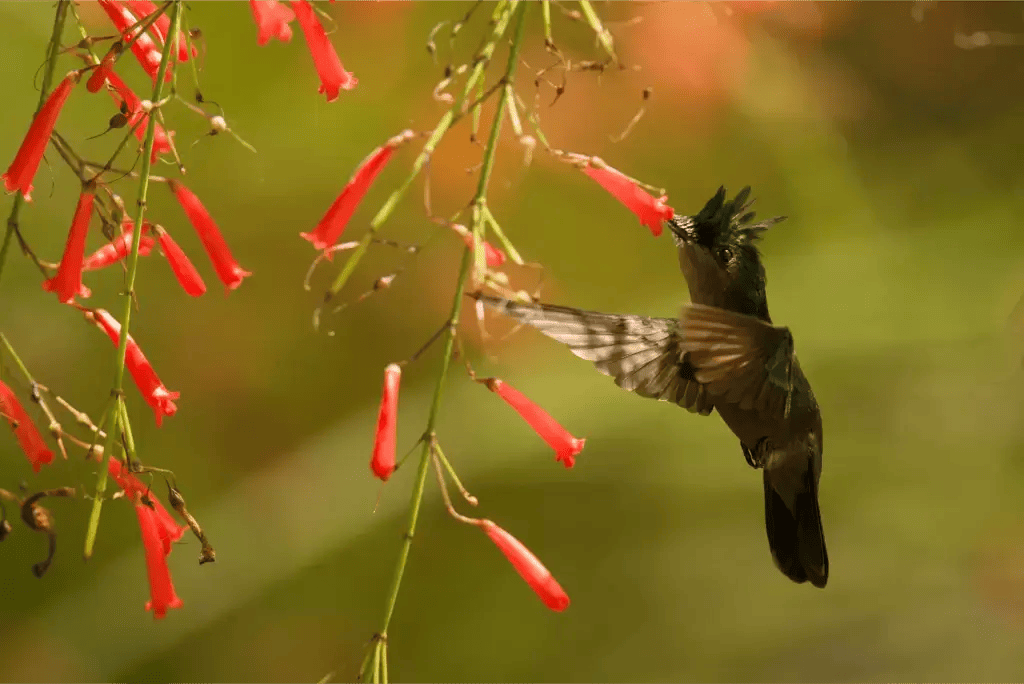
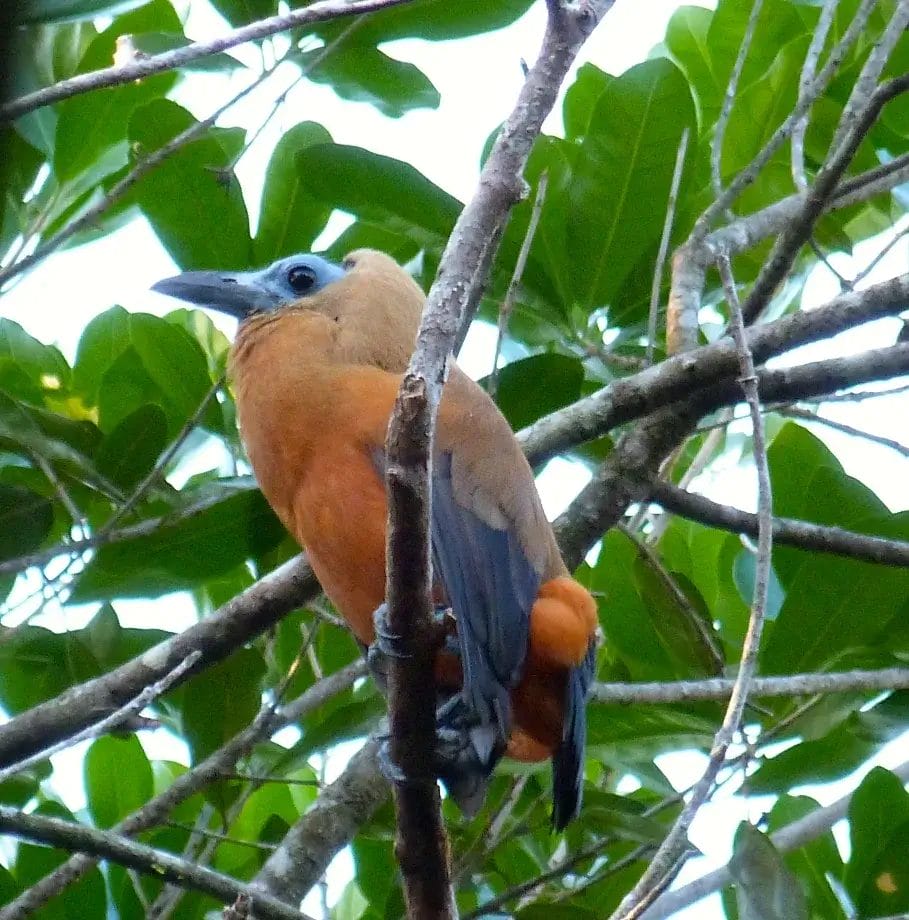








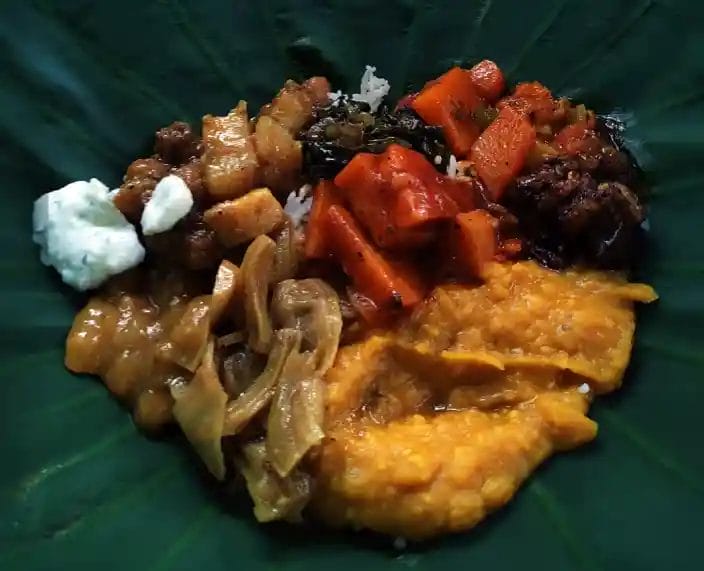
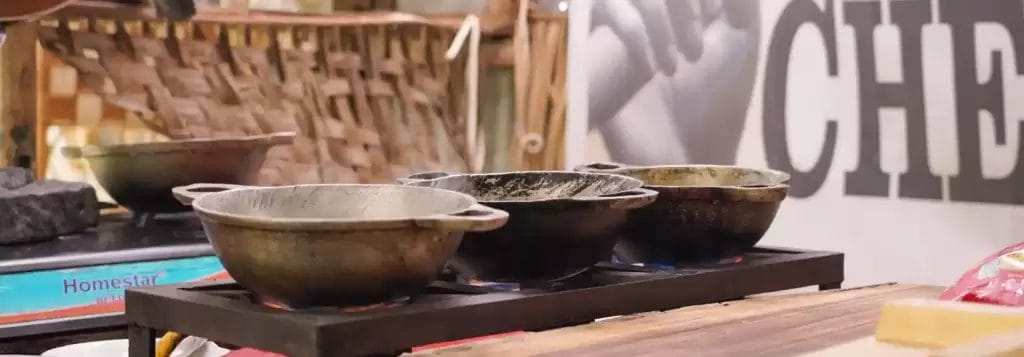

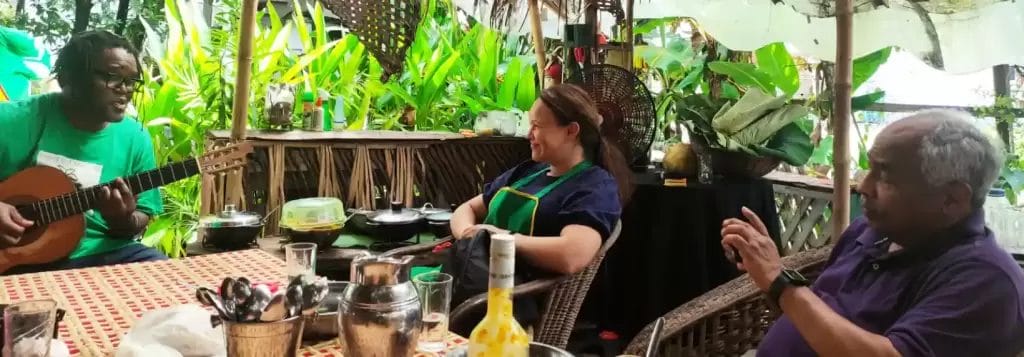




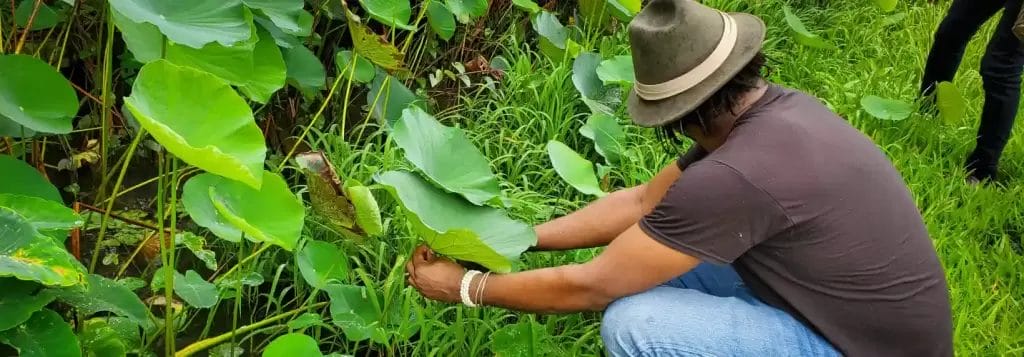





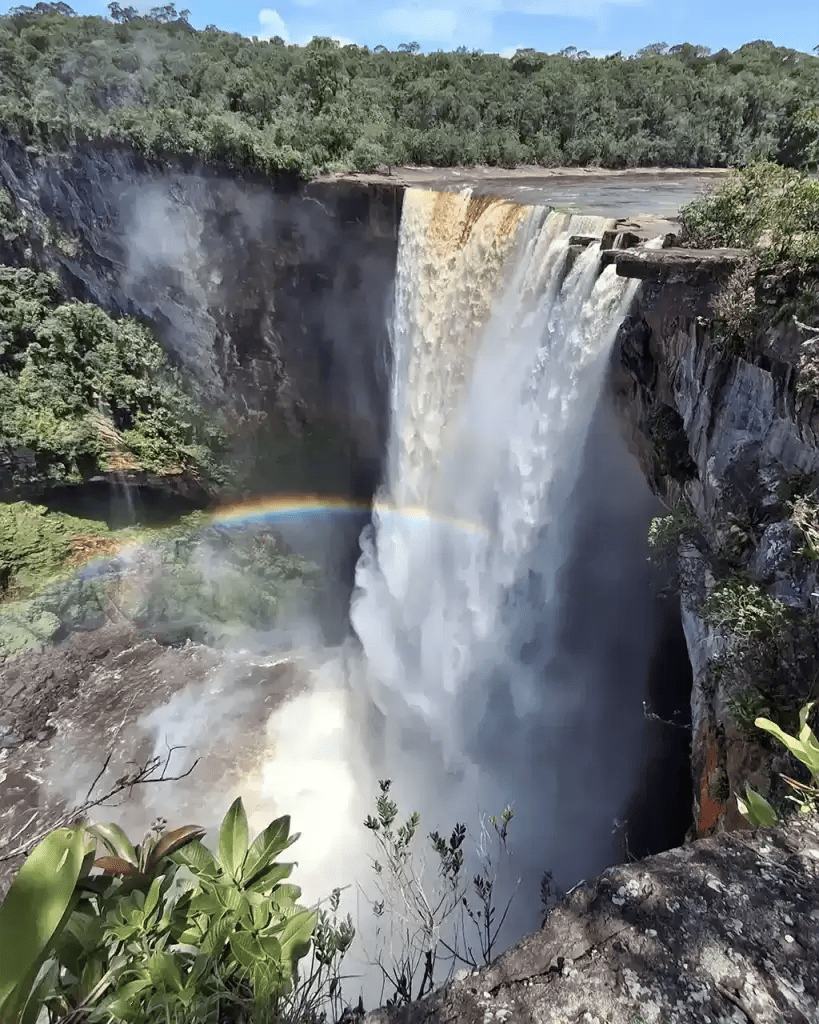
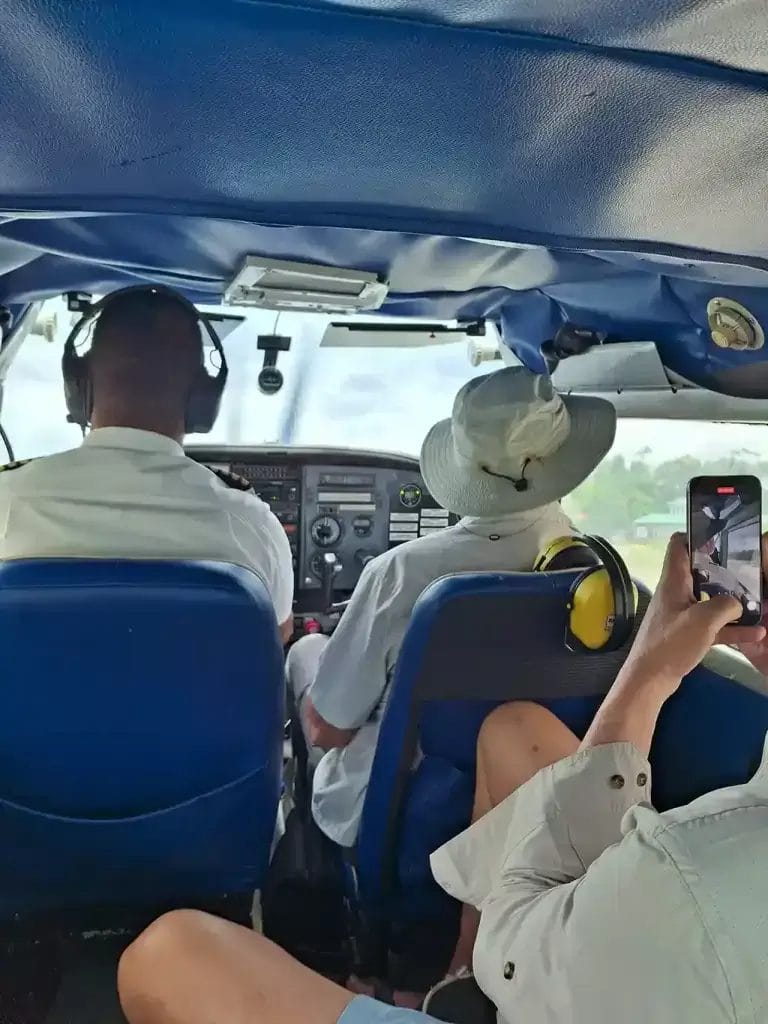
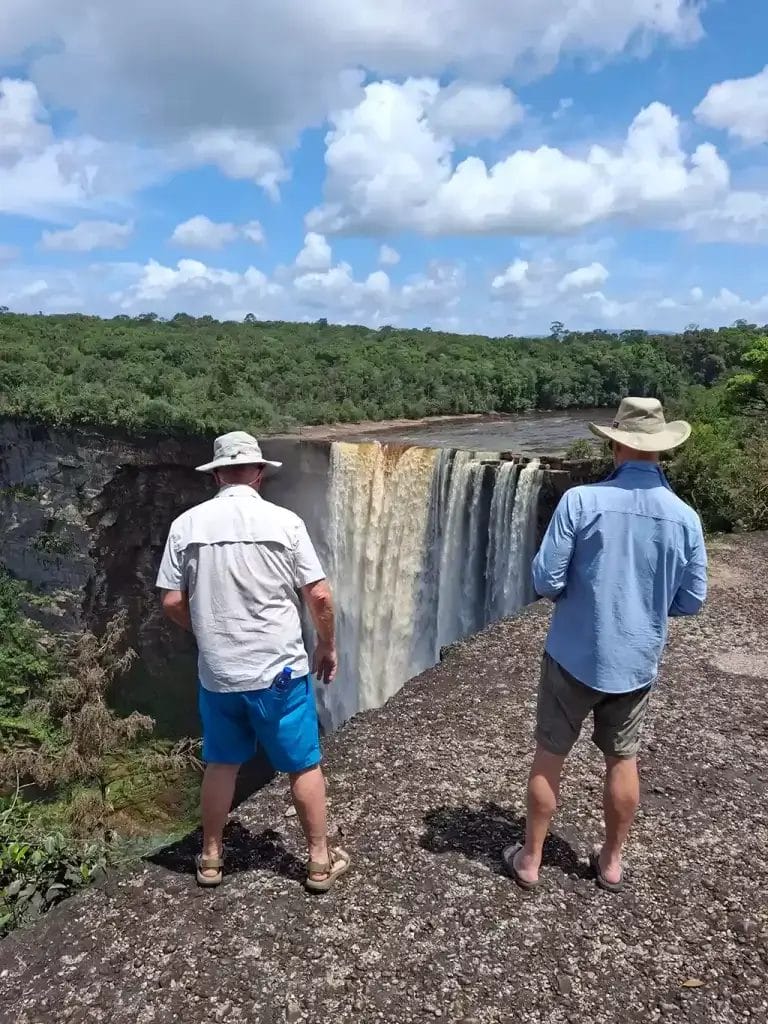
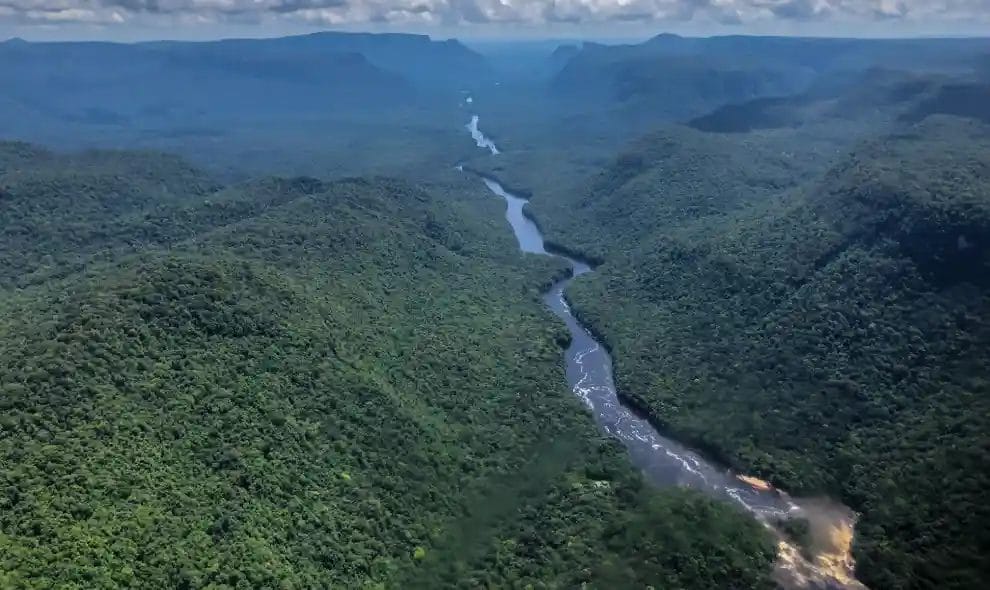
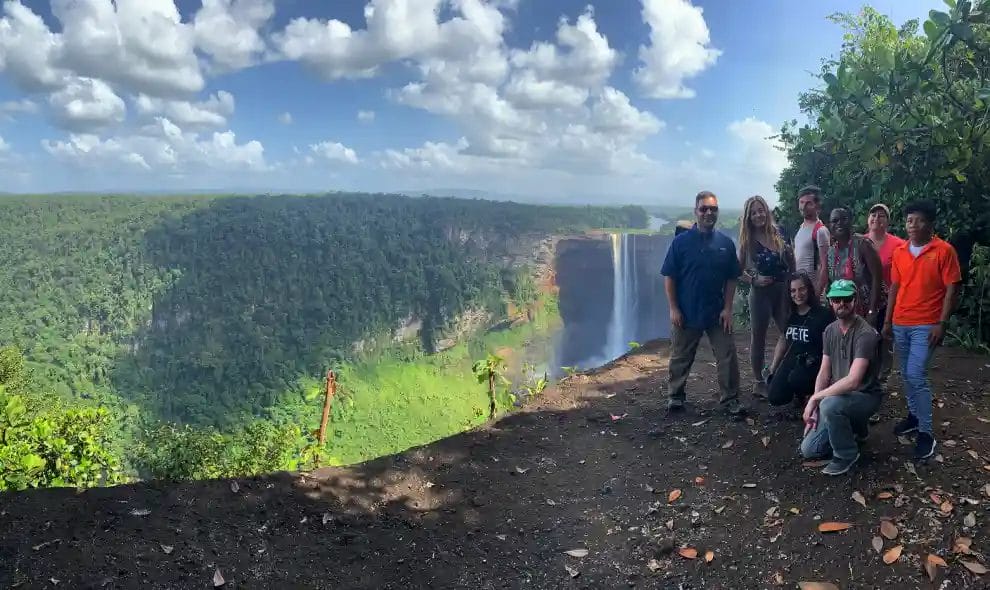
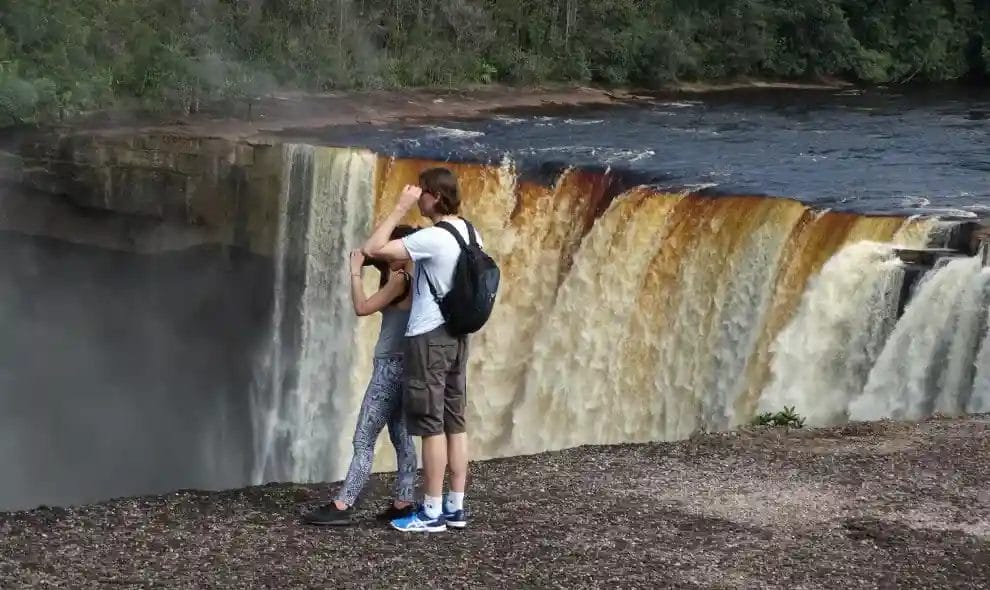
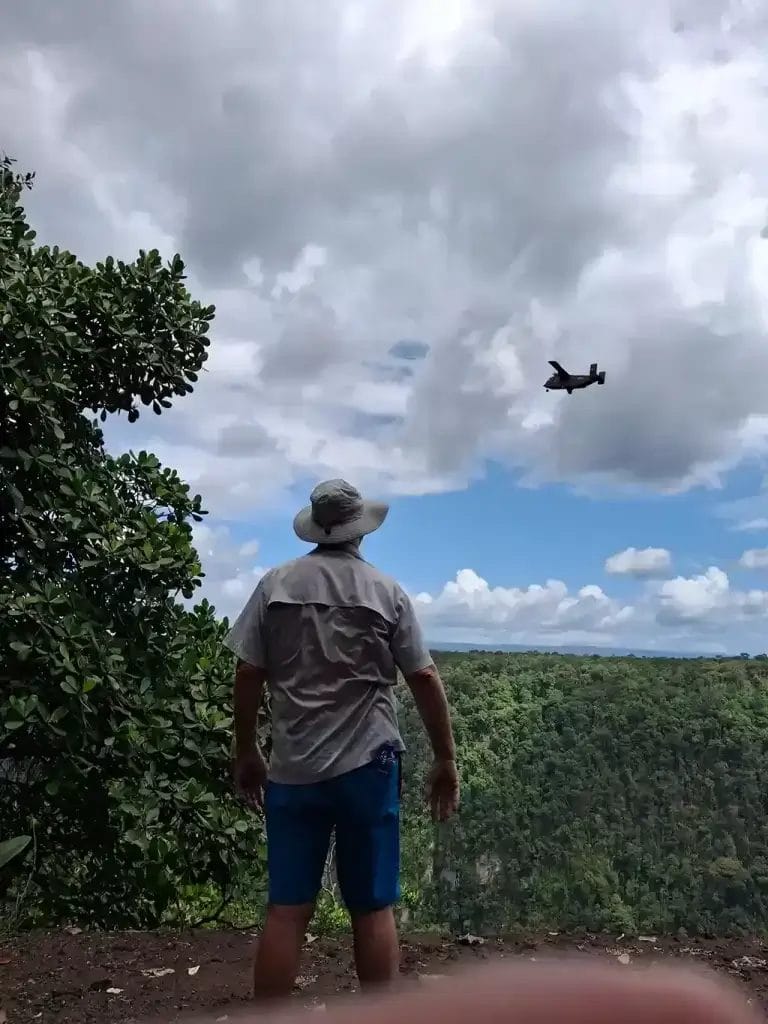

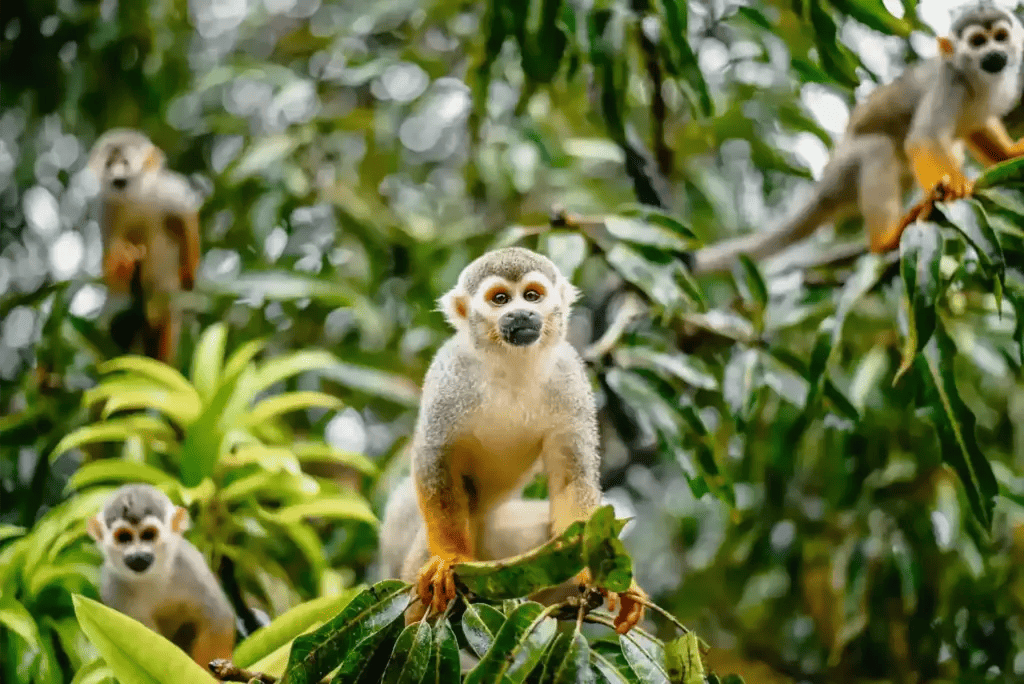
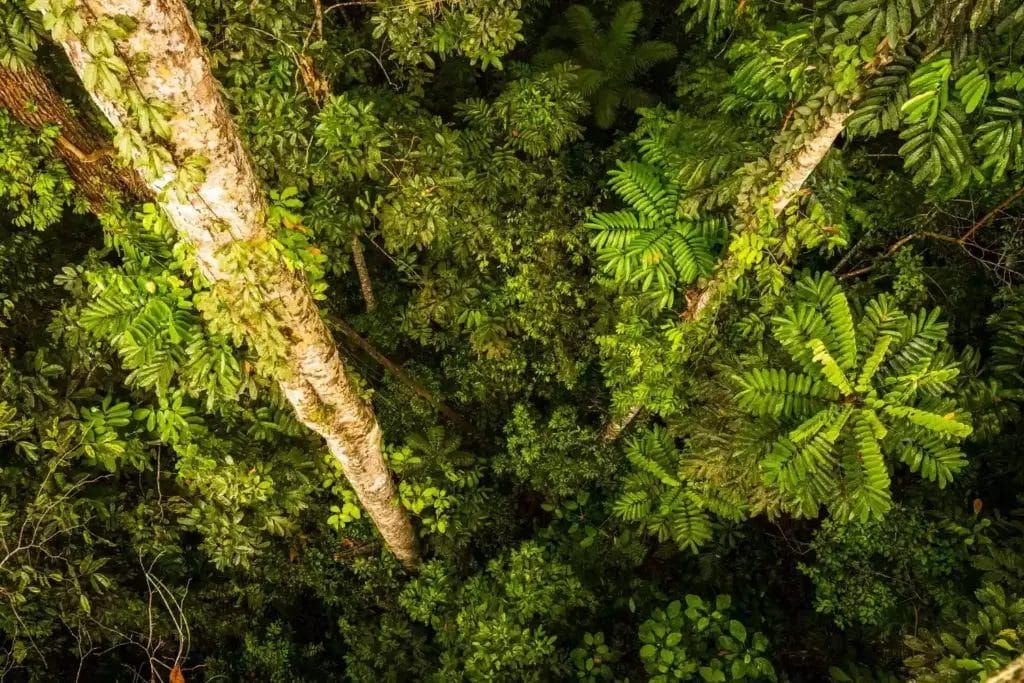
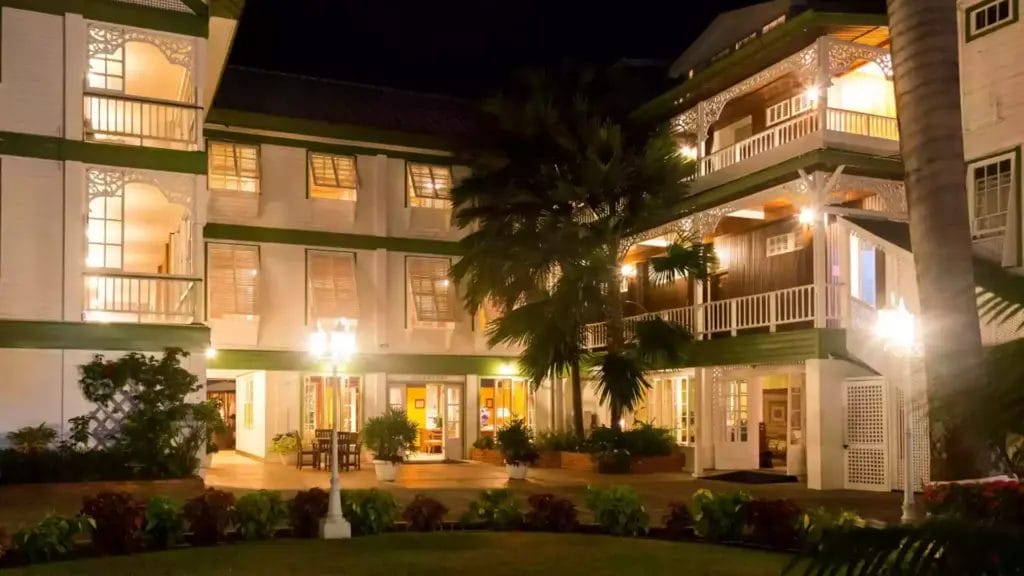

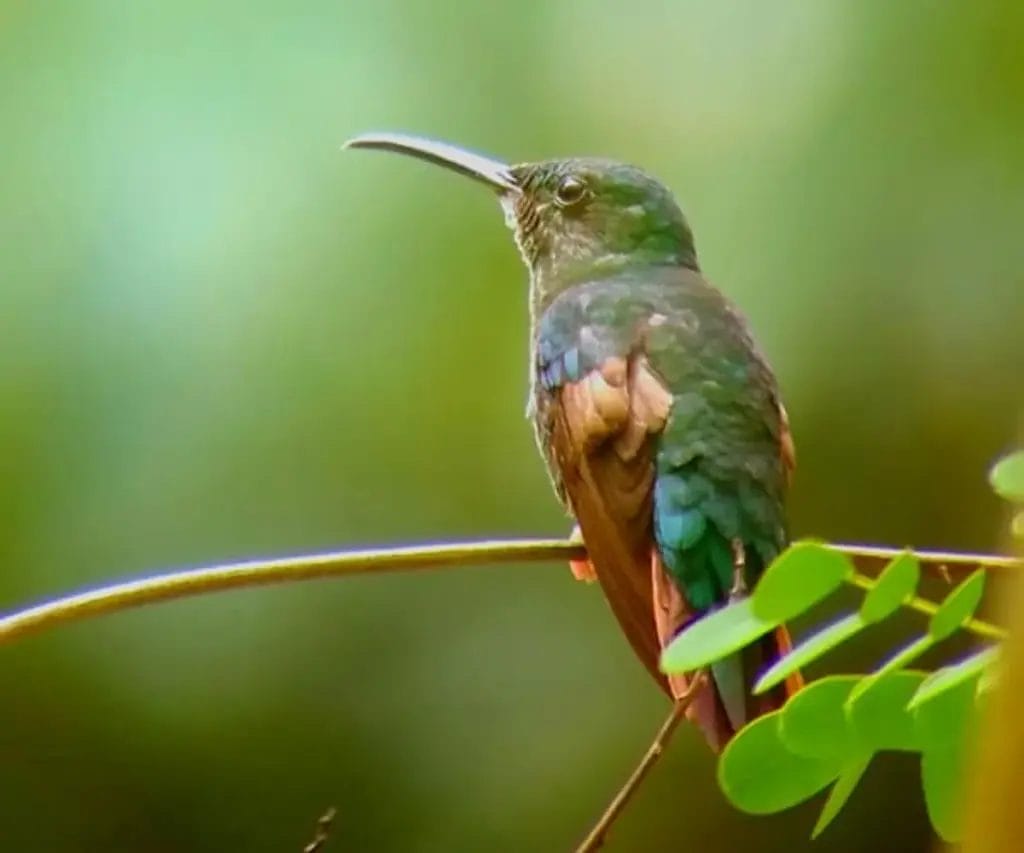

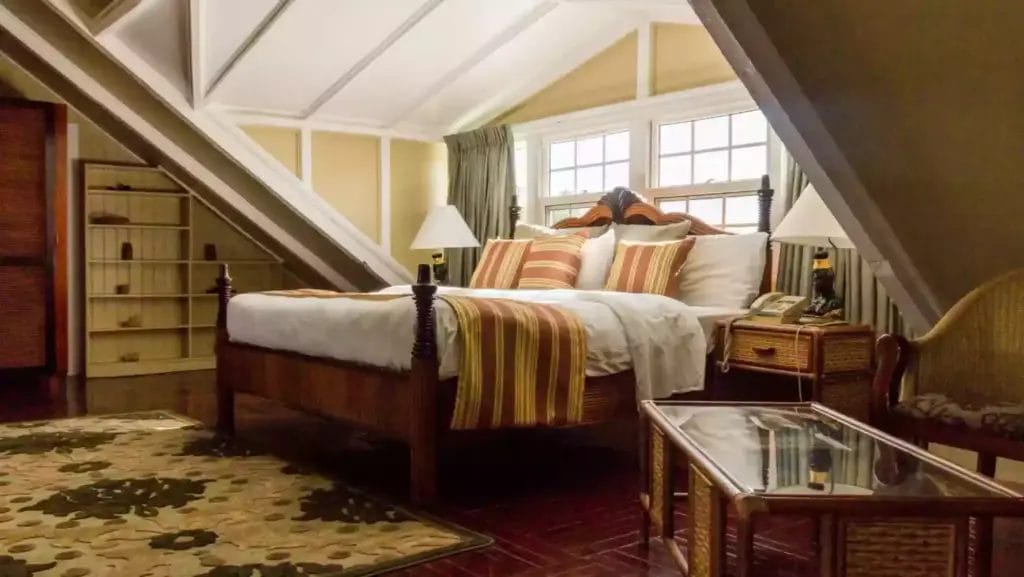
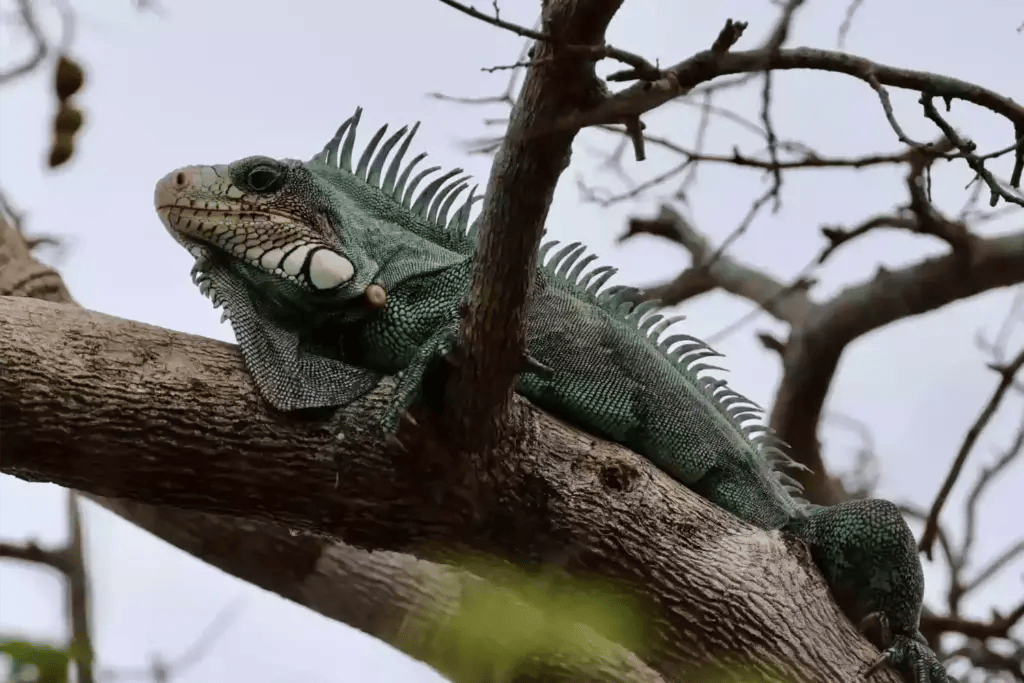
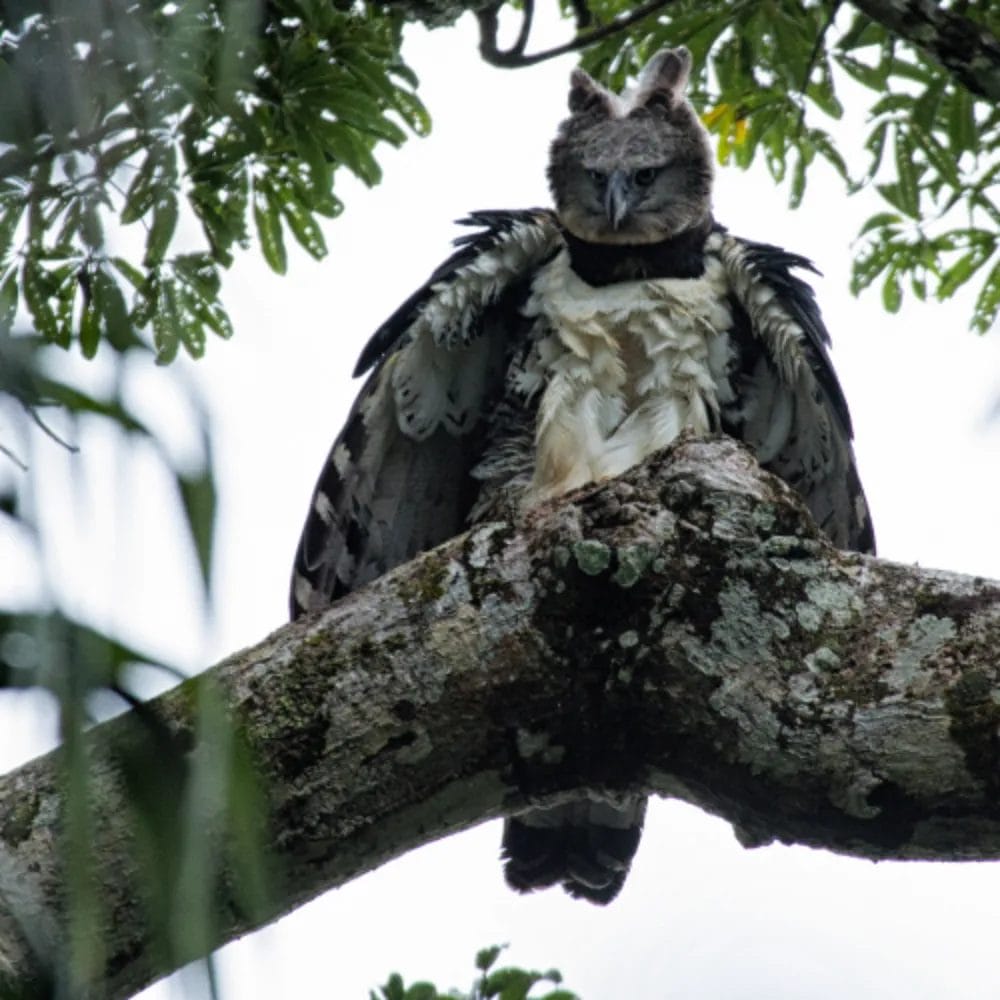


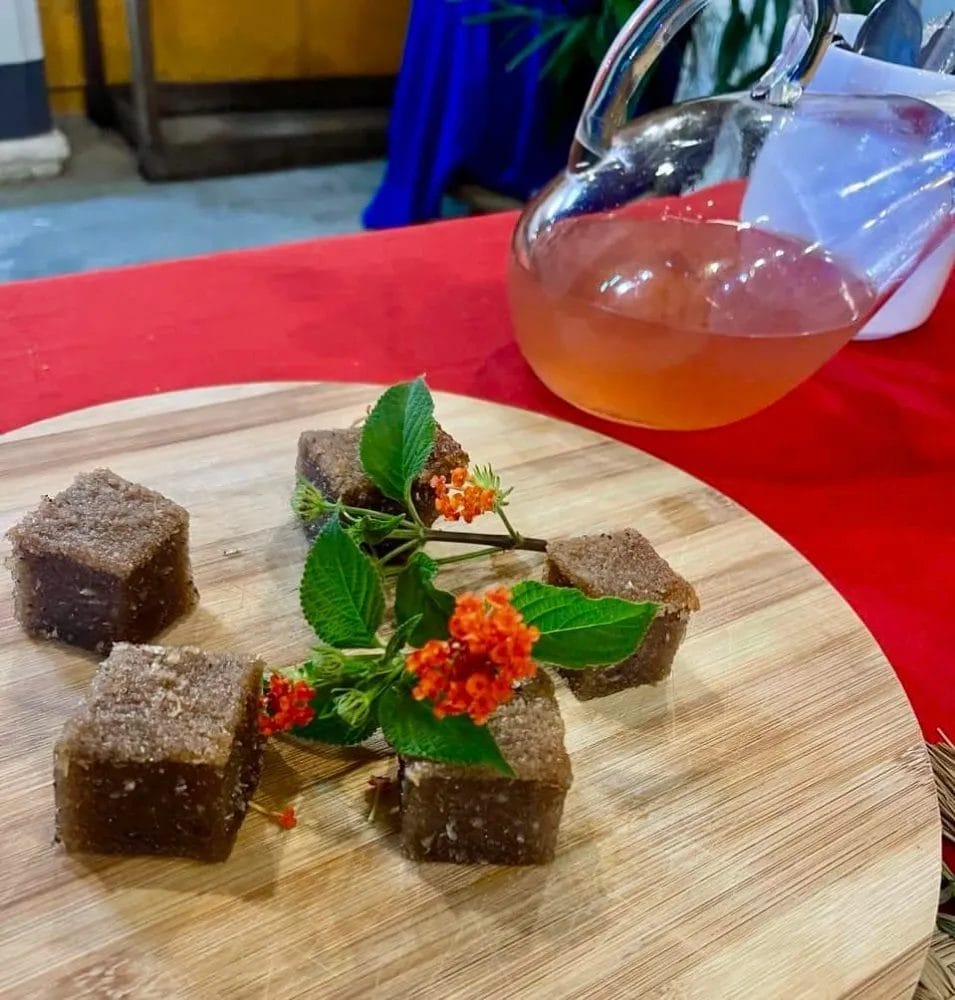
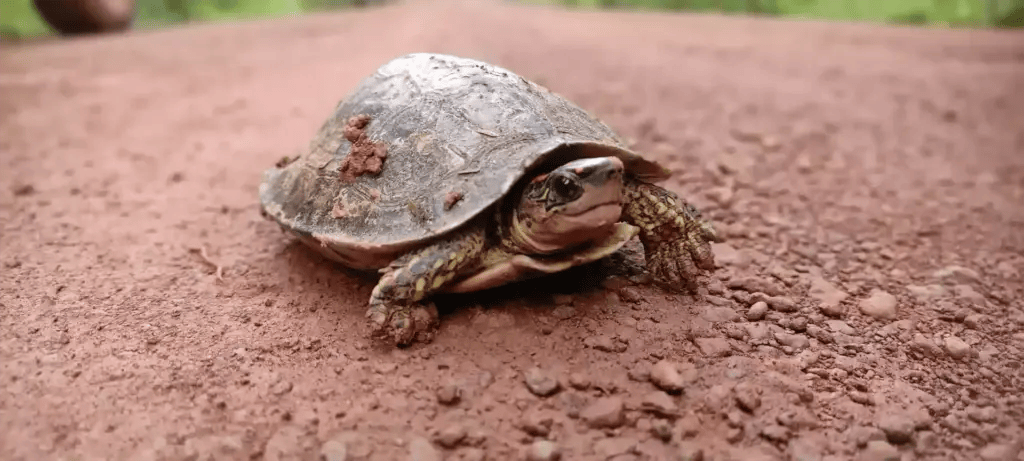

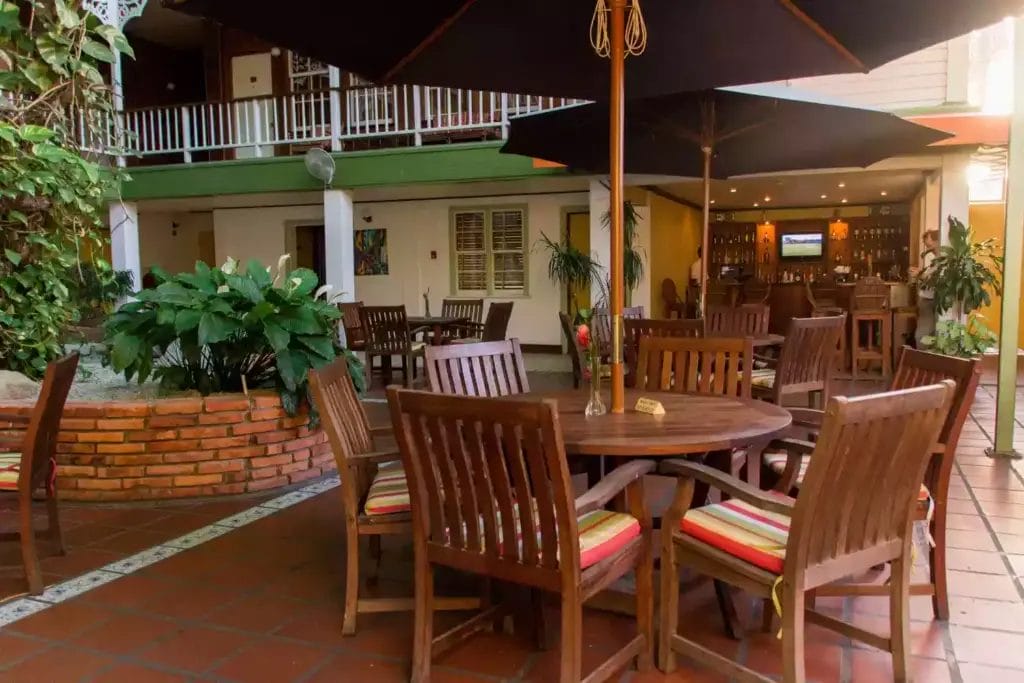

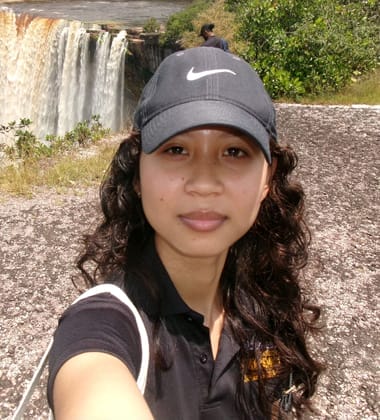
Write a Review